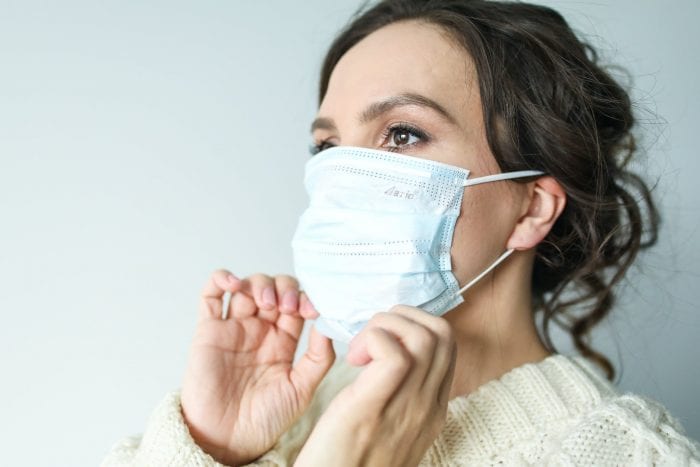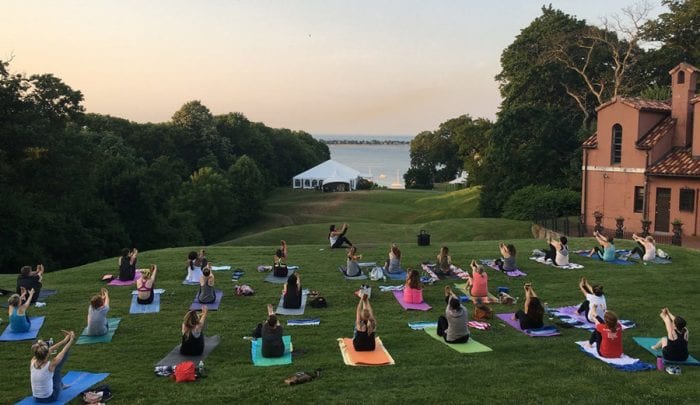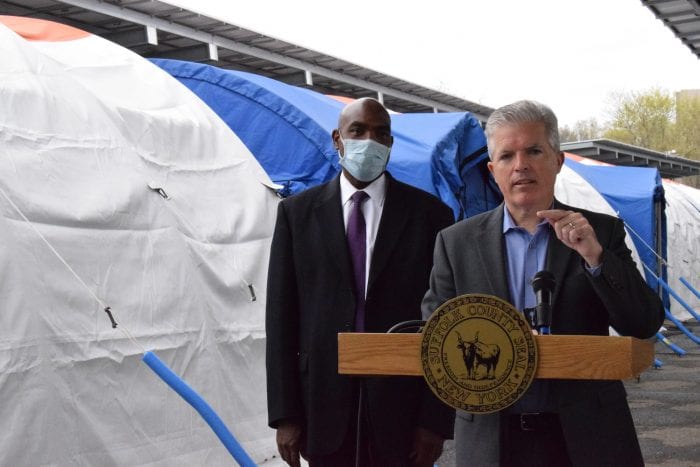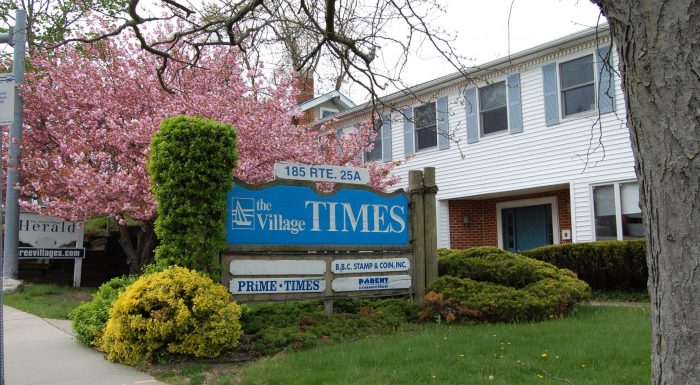By Daniel Dunaief

A few weeks ago, a Chicago White Sox player named Yermin Mercedes did what he was paid to do, hitting a ball far. His manager Tony La Russa was furious because his player broke an unwritten rule, swinging at a 3-0 pitch from an infielder for the Minnesota Twins when his team was already winning by 11 runs.
The next day, La Russa seemed fine with a Minnesota pitcher throwing a pitch behind the knees of Mercedes as punishment for a violation of that unwritten rule.
So, what are other possible random unwritten rules regarding life sportsmanship and what should the potential punishments be for violating those rules?
For starters, if you’ve lost a lot of weight, you don’t need to ask other people who clearly haven’t lost any weight, or perhaps have put on pandemic pounds, how they’re doing on their diet or if they’ve lost weight. They haven’t lost any weight. We know it, they know and you know it. You don’t need to contrast your success with their failure. The punishment for that kind of infraction should be that you have to eat an entire box of donuts or cookies in under a minute.
If you rescued a dog from the vet or the pound or from a box beneath a bridge in the middle of an urban war zone, you don’t need to ask where I got my overpriced and poorly trained dog. We get it: you did something great rescuing a dog, while those of us with designer dogs are struggling to get them to be quiet while we repeat the few answers we get right to the questions on “Jeopardy!” The punishment for such self-righteous dog ownership should be that you have to pick up the designer dog’s poop for a day. If you’ve been over virtuous, you also might have to compliment him on the excellent quality of his droppings and send other people a TikTok of your poop flattery.
If your kid just won the chess championship, you don’t need to wear a different T-shirt each day of the week that captures the moment of her triumph. The punishment for over bragging is that you have to wear a tee shirt that says, “Your kid is just as amazing as mine and certainly has better parents.”
If you’re in first class on a plane and you board first to sit in your larger, more comfortable seat, you don’t have to look away every time someone might make eye contact or, worse, through your fellow passengers. You aren’t obligated to look at everyone, but you can make periodic eye contact or provide a nod of recognition to the plebeians from group six. The punishment for such above-it-all behavior should be that you have to echo everything the flight attendant says as others board the plane, offering a chipper “good morning” or “welcome aboard.”
Finally, if you’ve taken a spectacular vacation, you don’t need to share every detail of your trip, from the type of alcohol you drank to the sweet smell of the ocean breeze to the sight of a baby bird hatching just outside your window. If you overdo the unsolicited details, you’ll have to listen to every mundane detail of the person’s life who was home doing his or her job while you were relaxing. Afterwards, you’ll have to take a test on his story. If you fail, you have to listen to more details, until you can pass.
Maybe Mr. La Russa has a point: unwritten rules could be a way to enforce life sportsmanship outside the lines.
















